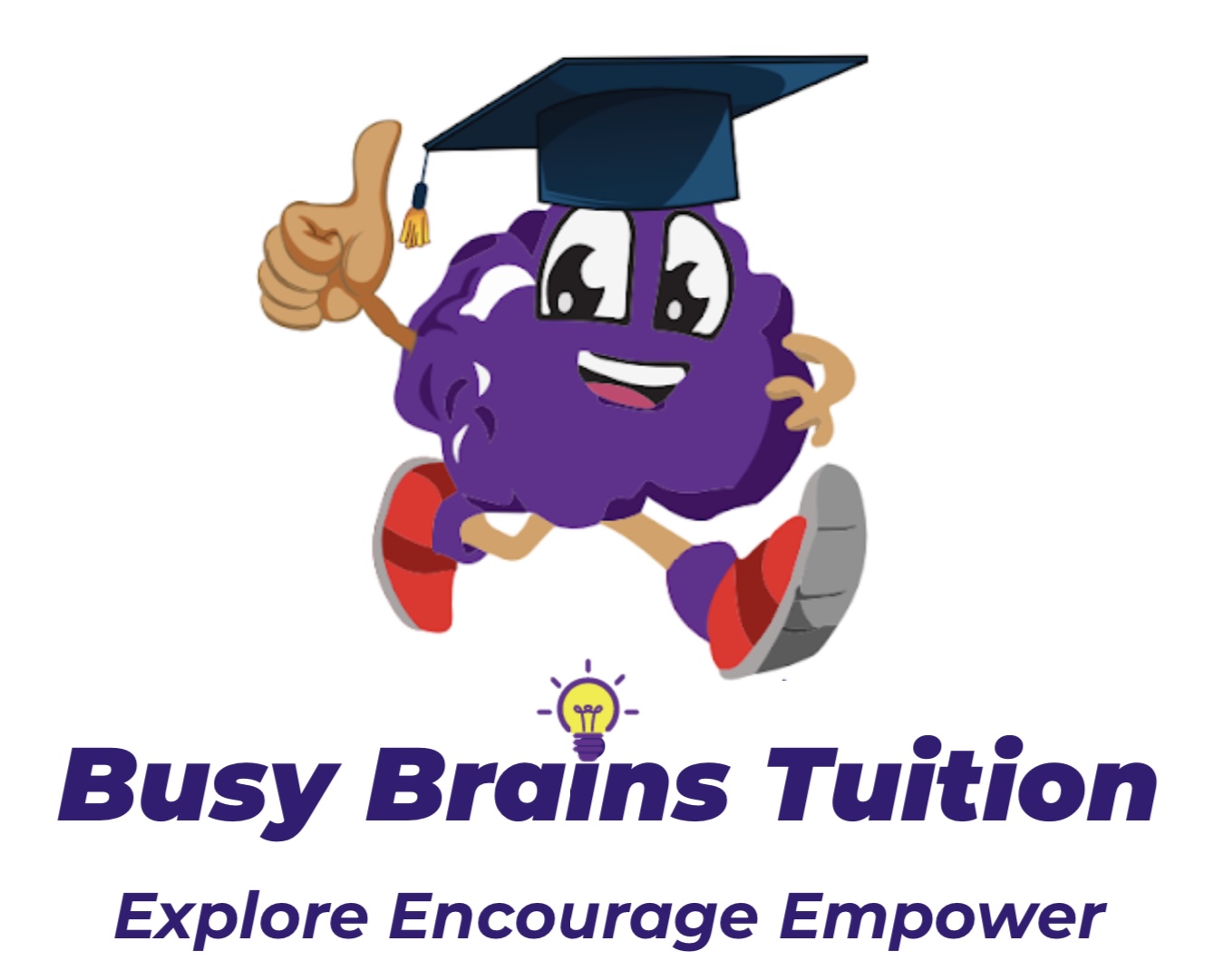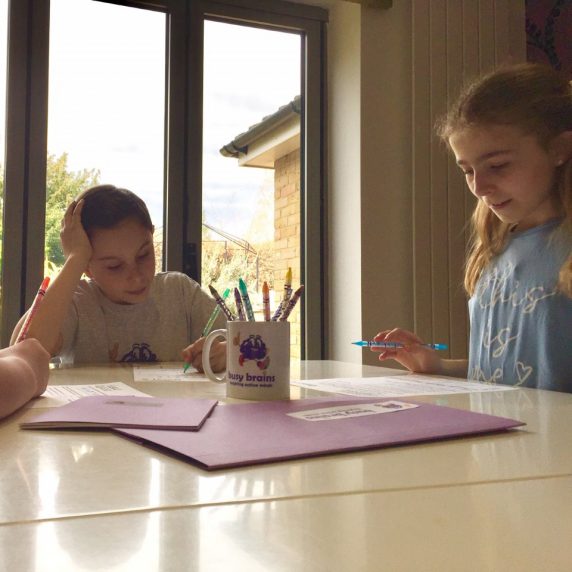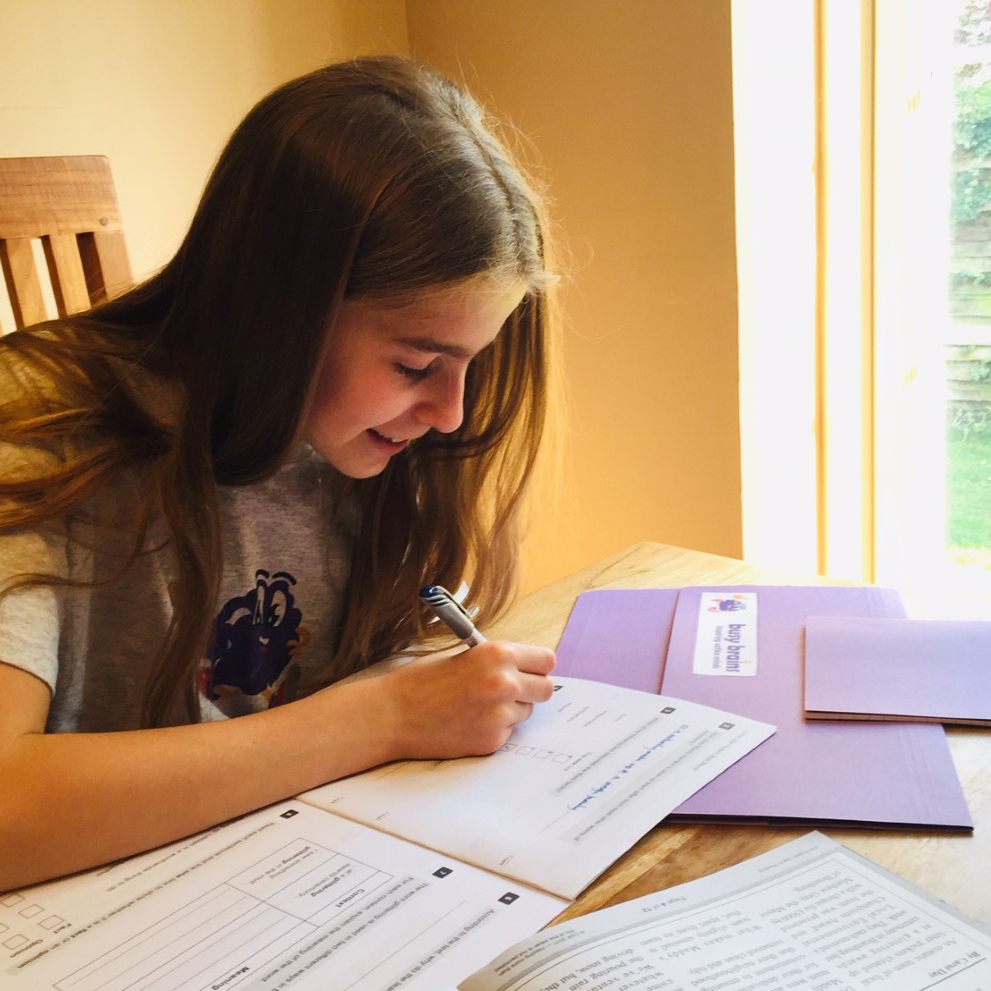Year 6 SATs Tuition
Year 6 SATs Tutoring - Individual or Small Group
Learning is both structured and guided with each unique child through positive relationships and individualised training and study.
Teachers will advise, coach, guide and mentor each child, enabling them to build their confidence.
We aim to make learning enjoyable and fun whilst still providing challenge and success!
The National Curriculum outlines the expectations below as being the requirements for the end of Year 6 at Key Stage 2.
Year 6 SATs Saturday Workshops
We are offering a series of workshops to prepare for the SATs during the Spring Term. These are hour long sessions covering different aspects of the tests. Your child can attend any or all of them, and also take up the opportunity to sit a mock test in the Easter Holidays.
Workshop dates:- COMING SOON…..




